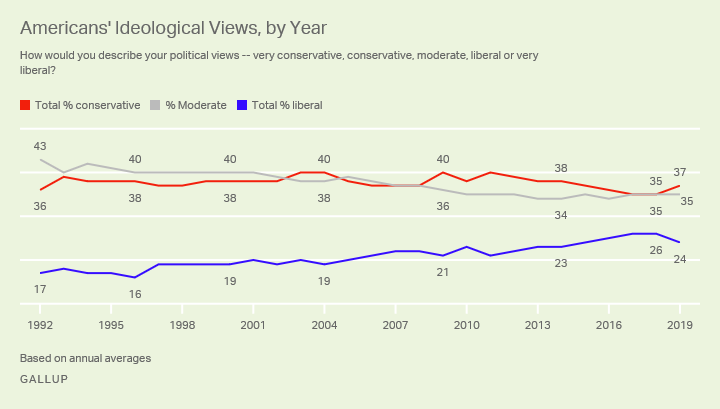In the world of punditry, the difference between an ideological hack and a graceful partisan can be granular. On a daily or weekly basis, it may be nearly impossible to discriminate between the two. After all, even the most vapid political mercenary can summon reasonable talking points through a Google search and even the most discriminating scribes can at times fall prey to intellectual tribalism.
The acid test usually comes in moments that require grace and restraint. The tragic shootings in Tucson over the weekend presented such a moment. And Princeton economist, New York Times columnist, and liberal paragon Paul Krugman failed the test.
Krugman immediately took to his blog at the Times to decry the environment of hate created by conservatives, despite the fact that no tangible aspect of the Arizona story supported his thesis. It was an utterly revolting spectacle that revealed a man whose optic for all of life is partisan politics. But don’t just take my word for it. The Economist, a magazine which prides itself as the publication of note amongst the brandy and cigars class, comes down as follows:
In a blog item on Saturday, before any significant details about Mr Loughner’s motivations had come to light, Paul Krugman wrote:
You know that Republicans will yell about the evils of partisanship whenever anyone tries to make a connection between the rhetoric of Beck, Limbaugh, etc. and the violence I fear we’re going to see in the months and years ahead. But violent acts are what happen when you create a climate of hate. And it’s long past time for the GOP’s leaders to take a stand against the hate-mongers.
This struck me as irresponsibly premature, and one might have thought that, given a little more time and information, Mr Krugman would change his tune, or at least turn down the volume. Nope. In today’s column on America’s alleged “climate of hate”, Mr Krugman reports that he’s been “expecting something like this atrocity to happen” since 2008, conjures in his fevered imagination a “rising tide of violence”, and spots his hated political foes behind it all:
[I]t’s the saturation of our political discourse—and especially our airwaves—with eliminationist rhetoric that lies behind the rising tide of violence.
Where’s that toxic rhetoric coming from? Let’s not make a false pretense of balance: it’s coming, overwhelmingly, from the right.
What’s more, unless the ranting right reins in the kind of talk that leaves Mr Krugman “with a sick feeling in the pit of my stomach”, “Saturday’s atrocity will be just the beginning.” Welcome to crazytown, my friends, where it does not seem crazy to disgorge toxic, entirely evidence-free rhetoric about the mortal threat of toxic rhetoric. Does the man honestly think he’s helping?


 In an interview with CFIF, Timothy Sandefur, Principal Attorney at the Pacific Legal Foundation, discusses the conflict between an individual’s right to freedom and the power of the majority to govern, economic liberty and his latest book, “The Conscience of the Constitution: The Declaration of Independence and the Right to Liberty.”
In an interview with CFIF, Timothy Sandefur, Principal Attorney at the Pacific Legal Foundation, discusses the conflict between an individual’s right to freedom and the power of the majority to govern, economic liberty and his latest book, “The Conscience of the Constitution: The Declaration of Independence and the Right to Liberty.”
 CFIF Freedom Line Blog RSS Feed
CFIF Freedom Line Blog RSS Feed CFIF on Twitter
CFIF on Twitter CFIF on YouTube
CFIF on YouTube